Students call for admin accountability: Race Matters Town Hall highlights
Attendees discussed the @blackatwootton Instagram account, where students can anonymously submit their experiences. Students have reflected on how much racism went unnoticed before the account gained popularity.
On Dec. 2, the SGA and BSU came together to host a Race Matters Town Hall where students were able to submit questions to administration. More than 100 students and teachers attended the almost two-hour meeting. Students have called for administration to be more responsive to concerns of racism at school after numerous instances of racism came to light on social media.
First, participants were randomly assigned breakout rooms with a facilitator to prompt questions about how race has shaped each individual’s experience in the community. Participants then returned back to the main group and shared out. Students mentioned the Eurocentricity of history classes, how social media has brought to light certain issues and the value of correct name pronunciation.
Students were able to submit questions ahead of time for administration and department heads to answer. Here are the highlights from the Q&A portion of the town hall.
Q: What measures have you taken to educate yourself on race issues and what specific things can I and other students do to be an antiracist ally?
Michael Thompson, science teacher: I have participated in a lot of MCPS-driven activities, which have started dialogue at the staff level, which have been very helpful. Personally, I have also done a lot of reading, both fiction and nonfiction that has really expanded my perspective of how our country is. Also personally, I have practiced dialogue in my own circles. I think you’ve got to keep at it; my learning will never be over and I still feel like I have a long way to go.
Amani Elkassabany, English teacher: I know some of you students, have participated in study circles. I think virtually every staff member has participated in study circles. I am privileged to be the study circles coordinator and we’ve been holding study circles for the past five years. We’ve been creating space for that very crucial dialogue Mr. Thompson alluded to. It’s so important for us to not only make space for it, but to learn the skills we need to practice productive dialogue. That’s not something that you’re born knowing how to do. I think that continuing to have space for dialogue is so crucial, not just so that we can learn how to talk to each other but so we can value each other’s different experiences and develop empathy.
Q: What do you think is the best response when a student from a marginalized group faces any sort of systemic racism within the school community? Please share how you think the person who experiences the racism and observers who seek to be allies should respond.
Kimberly Boldon, principal: I think that it’s incredibly important, first of all, to listen and allow that person to share that story. There were times that I felt overwhelmed looking at George Floyd and everything that’s come out of our political climate. It is hard not to feel overwhelmed. What I think is important, if you have someone who had a racist experience, is to understand that we do have power. We do have agency to do something and to make the moment different. If something is happening, it’s important to air it because in my own personal experiences, where I’ve gotten myself in the most trouble, is feeling as if it is too embarrassing for me to say this thing happened to me. I felt like it was something I did and it’s not until you start sharing your story that you begin to really take that power back and really be able to do something with it.
Keith Burnham, math teacher: I hope to be a trusted adult. Some of you don’t have the confidence that is learned with age and so what Ms. Boldon may be able to address at her level, you may not feel comfortable at your level as a student. And you need to know you have people on your side that are willing to do that battle with you. It is our job to provide a safe environment for you.
Q: What are some of the best ways to rededucate families, students and staff who don’t believe racial issues are a concern that need to be addressed in our school or community?
Boldon: I would say it starts with conversations. It starts with having dialogue and starts with really being willing and able to engage in conversations around race. It’s a lot easier to avoid than it is to actually have the conversation [but] it’s important to have the conversations. It’s important to engage and really take opportunities to ask questions and help other people understand what’s going on. I think that is a good first step and it takes time and it takes practice to be able to do that.
Nicholas Hitchens, administrator: In addition to listening and engaging with people at a continued pace, I also think it’s a good practice to simply model the behavior. If you’re constantly speaking up when you notice instances that are racial in nature and acting the way you want others to act, I would hope that the more people who might not agree with you would feel comfortable examining their own beliefs. The more you see something happen, the more aware of it you can be. There’s a special power in action.
Q: How is the administration going to be held accountable for ensuring that teachers who commit microaggressions toward students of color and students who commit race-based stereotyping or bullying are held responsible for their actions? How will Wootton work to be more inclusive toward all minority groups?
Boldon: We do hold students and teachers accountable for their actions and I want to make that incredibly clear. [It] is very important that we have a community in which all students feel safe and in which all students are respected. When that is violated, there are codes of student conduct that we use to ensure that we get back to our values. Having said that, Wootton is a microcosm of society. It is not without issues and it is not with microaggressions and sometimes overt issues of racism. It is very important to me and to our administrative team to do everything we can to address it. I think sometimes the frustrating piece is sometimes we get to this cancel culture, something happens and boom it should just be wiped out and that’s not how we operate. We operate as an educational institution where we believe in educating, redirecting and reshaping.
Your donation will support the student journalists of Thomas S. Wootton High School. Your contribution will allow us to purchase equipment and cover our annual website hosting costs.
Ellie Cowen is a 2022 graduate.


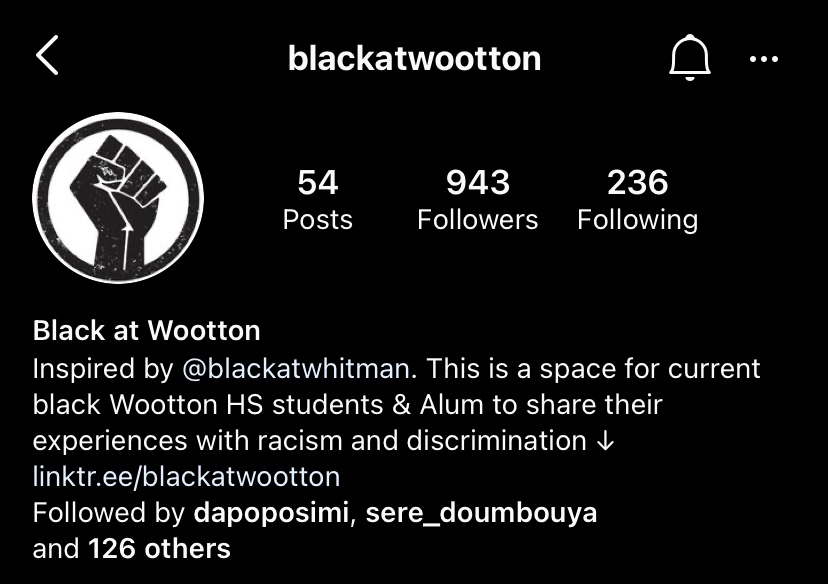
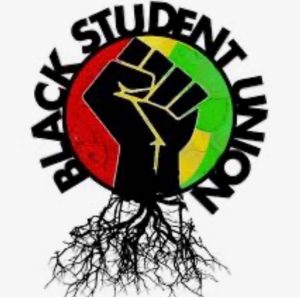
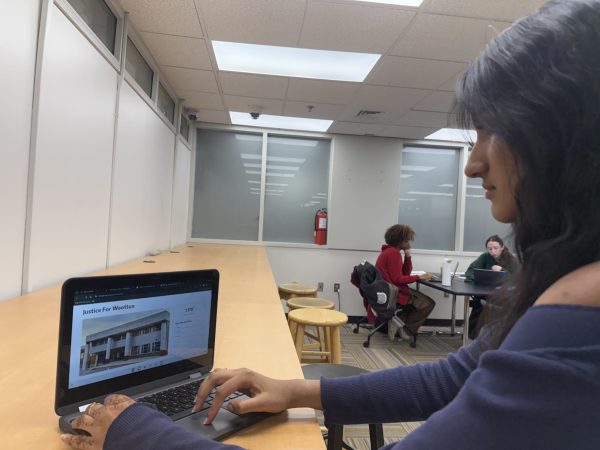
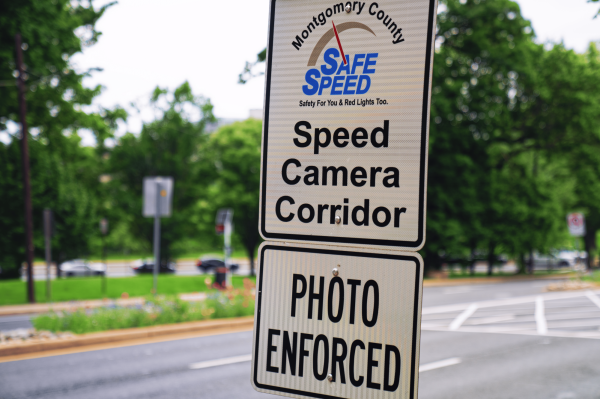
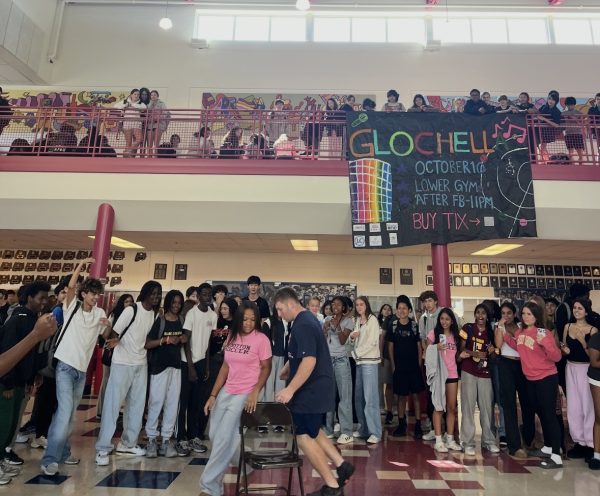
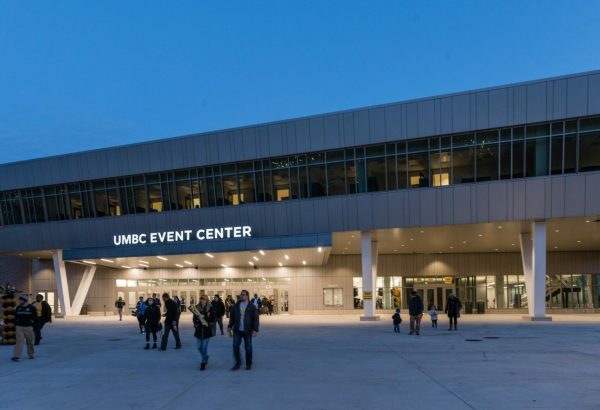
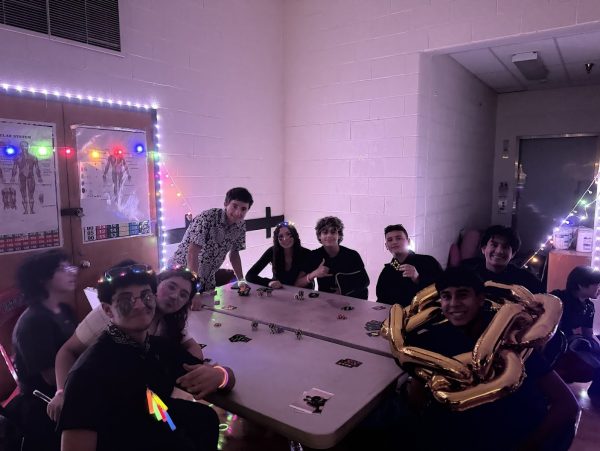
ellie c • Dec 19, 2020 at 4:31 PM
great article ellie!